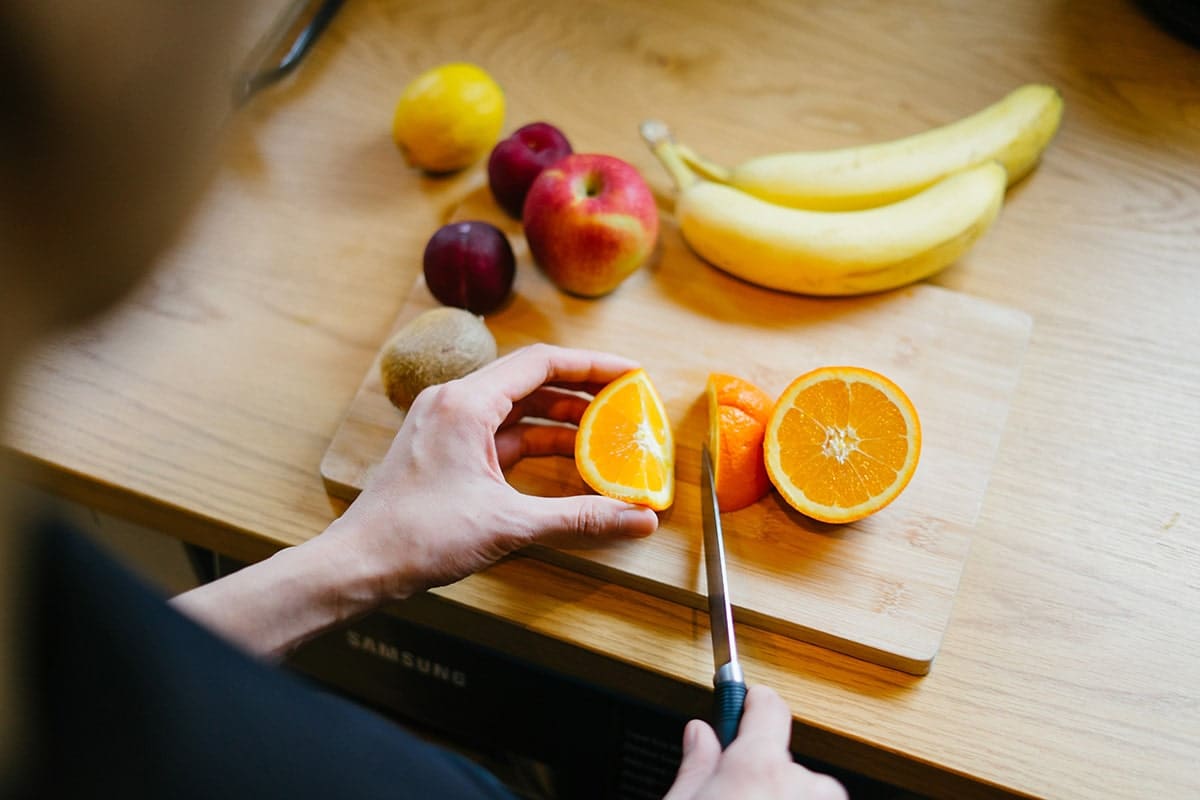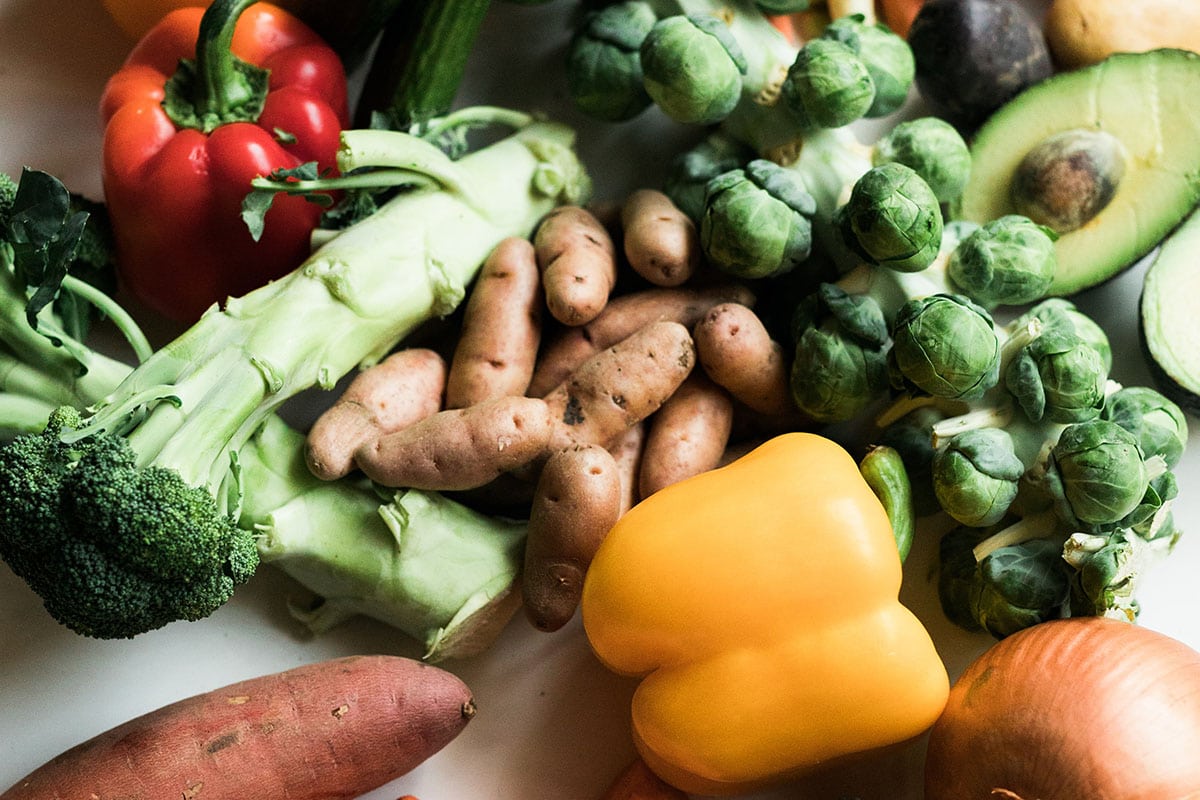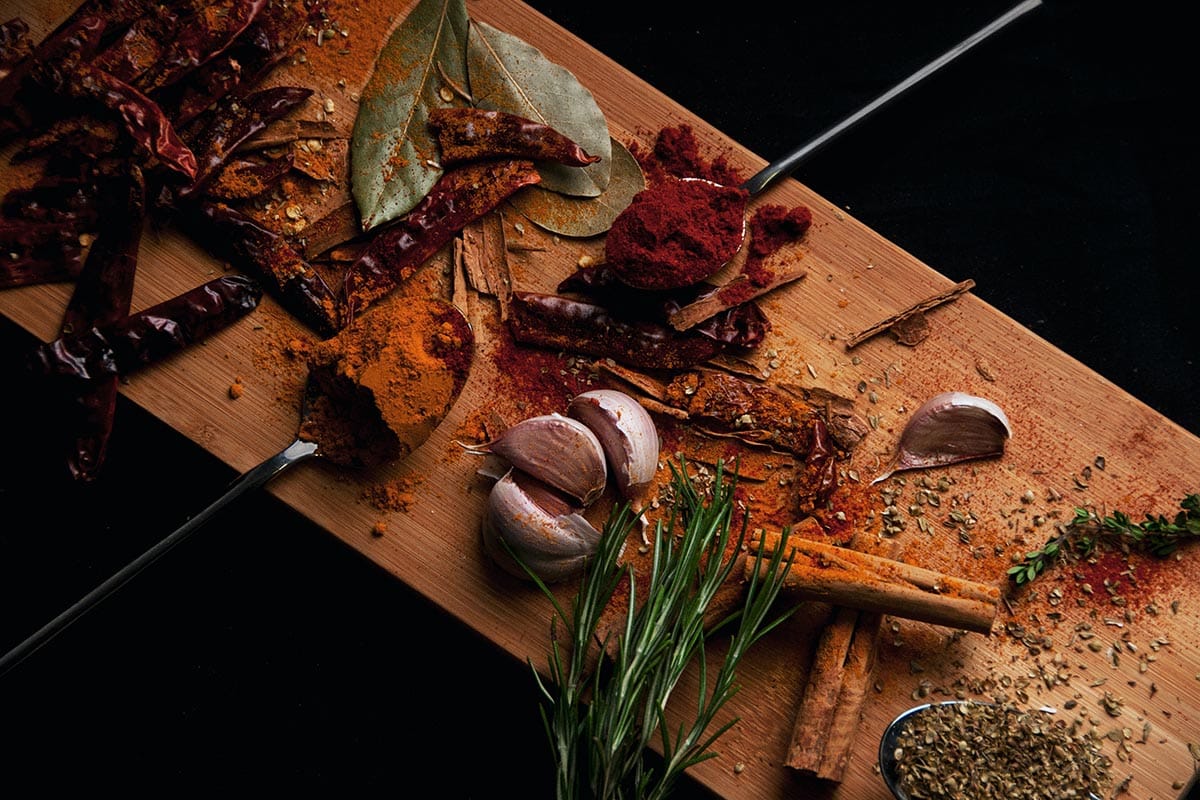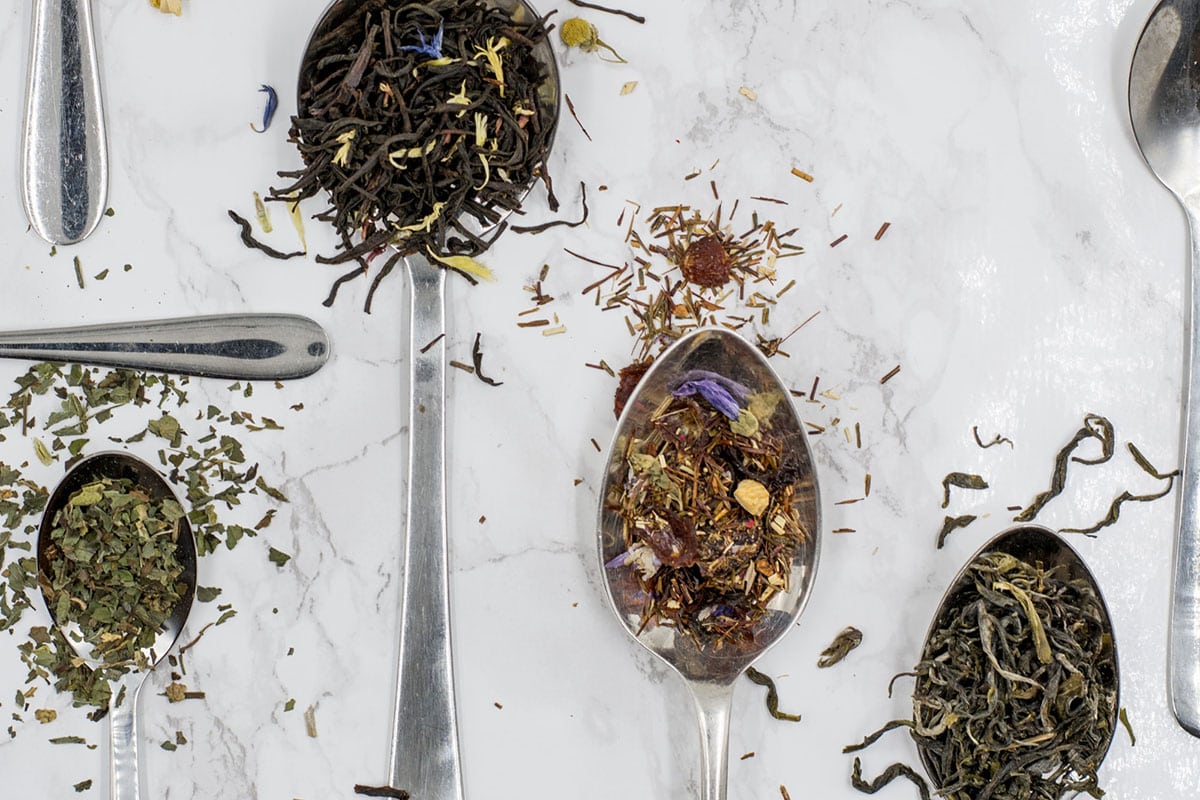Can you boost your immune system with certain foods? And if so, what foods boost your immune system the most? This blog post is packed with tips, facts and background info that might surprise you and will hopefully help you to support your body through the cold and flu season.
When it comes to the immune system, two pieces of ancient wisdom seem to hold true based on modern science and should be kept in mind:
“I know that I know nothing.” –– Socrates.
and
“All disease begins in the gut.” –– Hippocrates
The immune system is – well, a system. And a very intricate one at that. This article on “How to boost your immune system” by Harvard Health Publishing explains that there’s still so much about it that scientists haven’t figured out yet.
There’s a whole variety of cells that make up what we call the ‘immune system’ and nobody really knows what number of which type of cell has the whole of it functioning at optimum level. “For now, there are no scientifically proven direct links between lifestyle and enhanced immune function.” However, there’s a myriad of studies that suggest certain correlations.
That being said, science has figured out, that the “majority of immune cells within the human body are found within the gut-associated lymphoid tissue (GALT) […]”. You can read up on it in-depth in this paper on “Diet and Immune Function” .
Hippocrates didn’t have the science to back him up more than 2000 years ago, but he certainly had a point (even though he worded it slightly differently): Your health starts in your gut. And “the food we eat directly affects our gut health (or the balance of good and bad bacteria) […]” as the article “Weirdly True: We are what we eat” by Harvard Business Review points out.
This blog post will take you through different food groups and explain what vitamins and nutrients each of them provide as well as how they are supposed to be beneficial to the immune system. It also summarises the food items that are known as “immune system boosters” in a comprehensible list.
Please keep in mind that the quality of your sleep, fresh air, exposure to sunlight, moving your body/doing sports and an overall balanced lifestyle with as little stress as possible positively impact the immune system as well.

What Foods Boost Your Immune System?
Let’s be very straightforward here: “Boosting” your immune system is a bit of a myth. It’s more about the everyday choices you make that can and most likely will positively impact and support your immune system in the long run.
If you have an unhealthy lifestyle and mainly eat heavily processed or fried foods that are devoid of most nutrients, don’t expect your immune system to get a major boost from eating a few oranges and some vegetables for a week or two.
Dr Lin, an internal medicine physician at Orlando Health Medical Group Internal Medicine in Florida, explains in an article on “8 Ways to Keep Your Immune System Healthy” to everydayhealth.com: “Many plant-based foods […] have antiviral and antimicrobial properties, which help us fight off infection.”
The vitamins A, C, E, B6 and B12 are, alongside zinc, selenium, copper, iron and folate as well as protein, critical for a healthy immune system. In the following sections, we’ll introduce some of the best sources for the above mentioned.
Fruit to boost your immune system
Apples and pears contain anti-inflammatory flavonoids in their peels. Blueberries are super high in another flavonoid that has antioxidant properties. A study from 2016 has found that people who eat a diet that is high in flavonoids were less likely to get a cold or pick up an upper respiratory tract infection than those who were in the control group.
Vitamin C is an important antioxidant that decreases inflammation and supports the production of white blood cells (that help the body fight infections) as well as various cellular functions. Quite a few fruits are rich or very rich in vitamin C – and some might surprise you: Obviously all citrus fruits like oranges, grapefruit, tangerines, clementines, lemons and limes are great sources of vitamin C.
Did you know, though, that a single papaya covers almost double the amount of vitamin C an adult needs in a day? It also contains an enzyme with anti-inflammatory effects as well as magnesium and potassium. Kiwis are another, quite well-known source of vitamin C and are also packed with potassium, vitamin K and folate. Just one cup of fresh cantaloupe cubes covers 100% of what an adult needs in vitamin C per day – it also contains calcium, zinc, selenium, copper, iron and vitamin A, which not only helps the production and function of white blood cells but also the maintenance of the mucous barriers of your body which trap bacteria. Furthermore, it is loaded with electrolytes and helps you stay hydrated. Pineapple is not only an excellent source of vitamin C but also helps the body absorb antibiotics, fight heart disease, cancer and diabetes and can help control diarrhoea – all thanks to an enzyme called bromelain.
Elderberry is packed with vitamins and antioxidants and is considered one of the world’s most healing plants. Its antiviral properties seem to be particularly effective against different strains of influenza and infections that affect how you breathe. It is used in AIDS and cancer treatment as well as to help with fever, headaches and constipation or joint and muscle pain.
While raspberries and strawberries are excellent sources of vitamin C, blackberries and acai berries contain a significant amount of vitamin A. The latter has also been shown to increase the production of human gamma delta T-cells which play a critical part in our immune system. Watermelon is not only a good source of vitamin C but will also keep you hydrated which is particularly important when fighting off a cold. It also contains vitamin B6 as well as potassium.
Vegetables to boost your immune system
Before we dive deep into the different vegetables that can help boost your immune system, let’s give a special mention to red bell peppers as they contain three times more vitamin C than a Florida orange. So, if you are looking for an excellent source of vitamin C and want to avoid fruit sugar, red bell peppers will do the job. They are also rich in beta-carotenes – just like carrots, spinach, lettuce, tomatoes, sweet potatoes, broccoli and winter squash – which the body converts into vitamin A.
Whereas most vegetables lose at least some of their nutrients through cooking, it has the opposite effect on carrots: Cooked carrots release up to 40% beta-carotene compared to raw ones that only give you around 3%. Fun fact: Initially, carrots were grown primarily as a medicine, not for consumption as food.
Asparagus, cabbage and mushrooms also supply more antioxidants when cooked. In regards to the other vegetables, a raw diet is not necessary: Even though some nutrients get lost in the cooking process, others become more bioavailable because the heat helps release them from the cell walls of the plant.
As we just mentioned mushrooms: There are a number of medicinal mushrooms that have been used for thousands of years in Eastern medicine to keep the immune system balanced. They contain – among other nutrients – powerful polysaccharides called beta-glucans.
Herbalist Robert Rogers explains one of their functions in “The Fungal Pharmacy: The Complete Guide to Medicinal Mushrooms and Lichens of North America”: “Beta-glucans attach themselves to the receptor sites on the immune cells and activate them, allowing them to recognize cancer cells as ‘foreign’ and create a higher level of response.” This is a list of some of the most powerful medicinal mushrooms that can either be used for cooking or consumed as powder or tincture: Shiitake, maitake, chaga, reishi, lion’s mane, cordyceps, Turkey tail, …
Kale – again a vegetable that unleashes its full power when cooked – boosts the production of antibodies as proven by scientists in a laboratory setting. And that is in addition to its anti-oxidative capacity and other effects. Broccoli and cauliflower are rich in vitamins, minerals, glucosinolates, polyphenols and phenolic acids as well but kale beats them in terms of immune system boosting properties.
Not quite as powerful but high up there are brussels sprouts. Not only do they support the immune system with vitamin C and K as well as antioxidants, but they also improve bone and blood health.
Chickpeas are somewhat of a superfood. They are rich in fibre and protein and will keep you satiated for quite a while. They are a great choice if you want to keep your blood sugar levels under control. Chickpeas also contain vitamin C and B6 as well as folate, zinc and copper. In fact, only a cup full of chickpeas will supply you with 17% of RDA of zinc and 30% of RDA of copper. In that regard, they are excellent immune boosters. If you are not a fan of mushy chickpeas, try roasting them in the oven with a bit of oil and salt for about 30 minutes to have them as a crunchy snack.
Sweet potatoes are extremely rich in beta-carotene but also contain a good amount of vitamin B6, potassium and copper alongside a high dose of antioxidants. That makes them a powerful addition to your diet if you are looking to boost your immune system and want to support your body in protecting you from chronic disease.

Nuts and seeds to boost your immune system
Vitamin E is a powerful antioxidant and fulfils numerous important roles in your body. To be absorbed properly, it requires the presence of fat. Omega-3 polyunsaturated fatty acids play an important role in reducing inflammation and enhancing immune function. You’ll find both in nuts and seeds such as walnuts (also rich in zinc, iron, magnesium, selenium, copper and calcium), almonds, cashew nuts, pistachios, hazelnuts, sunflower seeds, chia and flax seeds.
Nuts in particular are great to snack on or give a crunch to salads or couscous dishes. A nut that stands out is the brazil nut. It is full of nutrients, vitamins and minerals like vitamin E, selenium, copper, zinc, magnesium and others as well as a great source of healthy fats and protein.

Spices to boost your immune system
Garlic contains allicin which may help prevent you from catching a cold or the common flu, ease the severity of the symptoms and help you recover faster.
Ginger has powerful anti-inflammatory and antioxidant effects thanks to its active compound gingerol.
Oregano is not just a flavourful herb but has been used to treat health conditions like aching limbs, asthma, diarrhoea, indigestion, cramping and colds for thousands of years. It contains a variety of antioxidants that can contribute to boosting your overall health.
Thyme has natural antiviral properties as well. It can help to support your body fight against sinusitis, bronchitis, the cold and the common flu.
Just like Oregano, Turmeric has also been used for its anti-inflammatory as well as antioxidant properties for thousands of years. Some research shows that the spice might even help prevent Alzheimer’s disease and could prevent cancer. It is so powerful, it may even be able to improve the function of the immune system in people that suffer from an immune disorder.
The medicinal use of cinnamon dates back to the ancient Egyptians. Scientists believe that the most powerful component of cinnamon is cinnamaldehyde which is responsible for the bark’s lovely smell. In terms of antioxidant activity, cinnamon outranks garlic and oregano – as well as 24 other spices. It seems to not only be able to help the body fight infection but also support it in repairing tissue damage.
Fish to boost your immune system
Seafood, particularly shellfish and salmon are nutrient-packed with omega-3 fatty acids, vitamins A, B and D as well as minerals such as potassium, calcium, selenium, magnesium, iron, zinc, phosphorus, and iodine. Omega-3 fatty acids play an important role in and enhance our bodies’ immune function. They have also been associated with lower total mortality.
Meat to boost your immune system
Chicken soup is an old remedy for colds and infections of the upper respiratory tract. Scientists have proven its mild anti-inflammatory effect.
Tea to boost your immune system
Green, white or black tea all contain flavonoids and polyphenols which help fight diseases. They are antioxidants that destroy free radicals which can damage your cells.
Hibiscus tea has been known for centuries for its powerful healing properties. Out of all the teas, hibiscus tea has the highest amount of antioxidants which help repair damaged cells – among other things. According to this article from healthline.com, test-tube studies have shown that hibiscus tea extract can fight eight strains of bacteria and inhibit the activity of E. coli.
Aside from that, science has found that hibiscus tea seems to improve liver health and help lower blood sugar as well as blood pressure.

List of Immune Boosting Foods
This list is for those who are looking for the best foods to boost your immune system at one glance. More information on the individual items listed can be found in the above sections.
Immune system boosting fruit
-
Apple & pear
-
Pineapple & kiwi
-
Oranges & grapefruit
-
Tangerines, mandarines & clementines
-
Lemons & limes
-
Cantaloupe & watermelon
-
Papaya
-
Berries, açai berries & elderberries
Immune system boosting vegetables
-
Broccoli & Brussels sprouts
-
Sweet patatoes & carrots
-
Spinach & asparagus
-
Red bell pepper
-
Chickpeas & mushrooms
Immune system boosting nuts
-
Walnuts & almonds
-
Cashew nuts & pistachios
-
Hazelnuts & Brazil nuts
-
Sunflower, Chia & flax seeds
Immune system boosting herbs and spices
-
Garlic
-
Turmeric & cinnamon
-
Oregano & thyme
Immune system boosting fish and meat
-
Shellfish
-
Salmon
-
Chicken
Immune system boosting tea and honey
-
Green, white & black tea
-
Hibiscus tea
-
HoneyBe aware that honey loses most of its healing properties when heated above 37°C – so, it’s actually not ideal to put it into tea if you are using it for its immune-boosting properties. Supermarket honey is usually devoid of beneficial nutrients as it is heated up to 75°C to prevent it from crystallising.
Healthy and nutritious food at New Life Portugal
About our kitchen
At New Life Portugal, a healthy and nutritious diet is a key element of our holistic approach to health and wellbeing. We are a unique combination of a recovery centre and wellness retreat.
We also grow a variety of produce on our own land and try to source anything we don’t grow ourselves as locally as possible. Our menu features plenty of fresh vegetables and fruit and is based on the latest research on nutrition.
You can look forward to three healthy meals a day and getting introduced to some dishes of the local Portuguese cuisine.